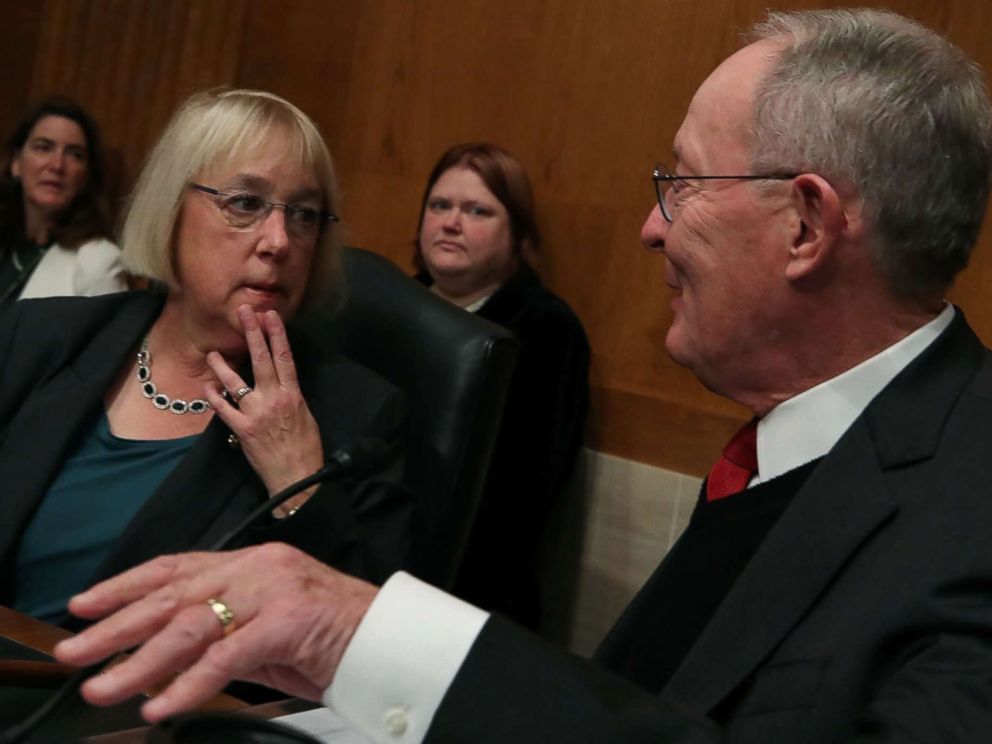Bipartisan health care plan would reduce deficit, CBO says
The Congressional Budget Office scored the Alexander-Murray bill.
— -- The bipartisan Alexander-Murray health care bill will reduce the deficit by $3.8 billion from 2018 to 2027, but won't change the number of people who have coverage, according to estimates by the Congressional Budget Office.
“This nonpartisan analysis shows that our bill provides savings and ensures that funding two years of cost-sharing payments will benefit taxpayers and low-income Americans, not insurance companies,” said Senate Health, Education, Labor, and Pensions Committee Chairman Lamar Alexander, R-Tenn., and ranking member Patty Murray, D-Wash., in a statement.
The two senators spearheaded efforts to reach a compromise on cost-sharing reductions, or federal subsidies for insurance companies that are required by law to provide certain low-income individuals cheaper plans, for two years. Uncertainty over whether or not the subsidies would be paid for caused instability in the individual markets for Obamacare, and caused premiums on some plans to spike. President Donald Trump decided to stop making CSR payments earlier this month, saying it violated the law.
While the CBO says it’s too late for the plan to affect 2018 premiums, it estimates that if the federal government made the CSR payments, it would lower premiums for 2019. A CBO score released in August estimated that not funding CSR payments would actually cost the federal government $194 billion through 2026.
The bill also allows for broader enrollment in catastrophic or “copper” health plans, makes it easier for states to get 1332 waivers to make adjustments to their coverage plans, and reinstates federal funding -- which was slashed by 90 percent this year -- for outreach and education.

Alexander-Murray has gained bipartisan support from 12 Republican and 12 Democratic co-sponsors, but confusing reactions from the White House. On Sunday, Senate Majority Leader Mitch McConnell, R-Ky., said he would bring the bill for votes if he was certain Trump would sign the legislation. Trump, however, has said he remains committed to a full repeal and replace of the Affordable Care Act.
The release of today’s CBO score, however, is seen as good news for proponents of the bill as it does not put a dent in the federal budget.
“This report confirms that our agreement does what a group of 60 Senators & growing wants Congress to do,” said Murray in a tweet.
Still, the challenge might be convincing House Republicans to sign on. This week, a bicameral -- not bipartisan -- bill written by the two Republicans heading tax reform efforts, Senate Finance Chairman Orrin Hatch, R-Utah, and House Ways and Means Chairman Kevin Brady, R-Texas, was introduced, too. But provisions that call for relief from the individual and employer mandates, as well as pro-life protections in insurance plans, likely would not be supported by Democrats.




